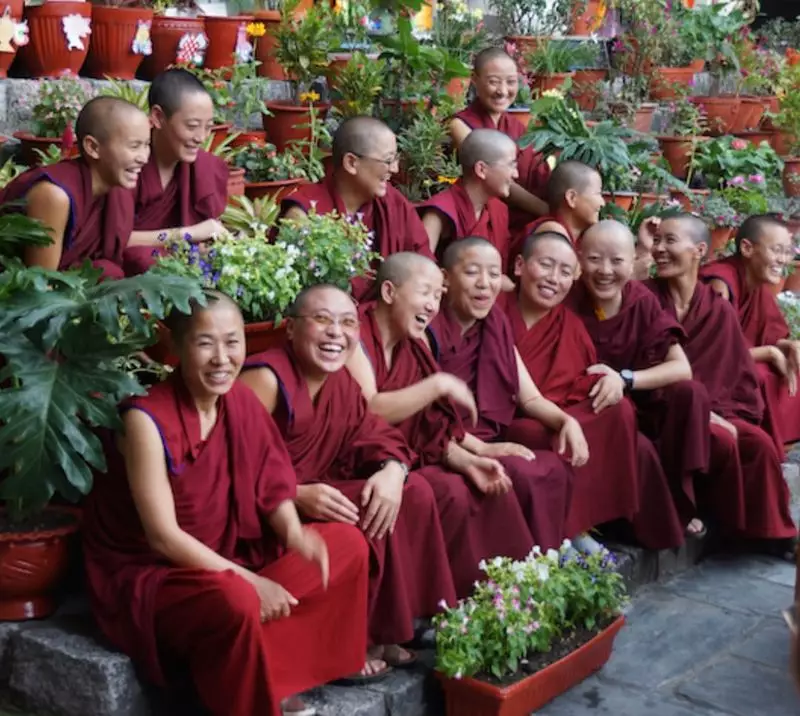
In an unprecedented achievement for gender equality within Tibetan Buddhist traditions, a record-breaking eighteen nuns have successfully earned their Geshema degrees this year, marking the highest number of female graduates in the program's history. This landmark accomplishment represents a significant step forward in breaking down historical barriers that have limited women's access to the highest levels of Buddhist philosophical education.
Historic Graduation Ceremony in Dharamshala
The graduation ceremony took place at the Jangchup Choeling Nunnery in Dharamshala, where the eighteen accomplished nuns received their hard-earned degrees amidst celebrations and recognition from the broader Buddhist community. The Geshema degree, equivalent to a doctorate in Buddhist philosophy, requires candidates to undergo rigorous training spanning approximately seventeen years.
This year's record number is particularly significant when compared to previous years. The program saw its first batch of Geshema graduates in 2016, with only three nuns receiving the degree that year. Since then, the numbers have gradually increased, but the 2024 cohort has shattered all previous records, demonstrating the growing opportunities for women in traditionally male-dominated religious education.
The Rigorous Path to Geshema
The journey to becoming a Geshema is among the most challenging academic and spiritual paths in Tibetan Buddhism. Candidates must master five major treatises of Buddhist philosophy through intensive study and debate. The curriculum covers Perfection of Wisdom, Middle Way Philosophy, Valid Cognition, Discipline, and Phenomenology, requiring complete dedication and intellectual rigor.
What makes this achievement even more remarkable is the historical context. For centuries, women were systematically excluded from the highest levels of Buddhist philosophical education. The Geshema degree program was only established in 2012 after years of advocacy by Buddhist leaders and women's rights activists within the community. This year's record graduation class represents the fruition of those efforts and a significant cultural shift.
Broader Implications for Buddhist Education
The success of these eighteen nuns sends a powerful message about gender equality within religious institutions worldwide. Their achievement demonstrates that women are equally capable of mastering complex philosophical concepts and contributing to the preservation and advancement of Buddhist teachings. This milestone is expected to inspire more young women to pursue advanced Buddhist studies.
The growing number of Geshema graduates also has practical implications for Buddhist communities worldwide. These highly educated nuns are now qualified to teach at Buddhist institutions, lead religious ceremonies, and guide spiritual practitioners – roles that were historically reserved for male Geshes. This expansion of qualified female teachers will provide more diverse perspectives within Buddhist education and make the tradition more accessible to women practitioners.
As these eighteen nuns embark on the next chapter of their spiritual journeys, their accomplishment stands as a testament to both personal dedication and progressive change within Tibetan Buddhism. Their success paves the way for future generations of women seeking the highest levels of Buddhist education and leadership roles within their communities.





